
Vertu Academia: The Evolution of In-Game Assets in Web3.0

Traditional mobile gaming has long been characterized by centralized control over in-game assets and rewards. However, the emergence of blockchain technology has paved the way for tokenization, allowing game developers to represent these assets as unique tokens on a blockchain. This shift brings forth a host of benefits, fundamentally altering the dynamics of ownership and value creation within the gaming ecosystem.
One of the key advantages of tokenized mobile gaming is the concept of true ownership. Blockchain-based tokens provide players with genuine ownership of in-game assets, allowing them to buy, sell, and trade these assets beyond the confines of a single game or platform. This interoperability not only enhances the player experience but also opens up new possibilities for cross-game collaboration and innovation.
Smart contracts, integral to blockchain technology, play a pivotal role in shaping the tokenized mobile gaming landscape. These self-executing contracts automate various processes within the gaming ecosystem, including the distribution of in-game rewards. By utilizing smart contracts, game developers can ensure transparent and secure reward systems, fostering trust among players and creating a more engaging gaming environment.

Tokenization brings decentralization to gaming economies, reducing the control exerted by centralized authorities. This decentralization enables a more democratic distribution of value within the gaming ecosystem. Players can directly participate in the value creation process, as the value of in-game assets is determined by market demand, fostering a more inclusive and player-centric gaming economy.
Web3.0 phones, equipped with advanced blockchain capabilities, are pivotal in the evolution of tokenized mobile gaming ecosystems. These devices empower players to seamlessly interact with blockchain-based tokens, manage their digital assets securely, and engage in decentralized applications (DApps) that extend beyond the traditional confines of mobile gaming. Web3.0 phones serve as the gateway to a more immersive and interconnected gaming experience.

As the momentum behind tokenized mobile gaming continues to grow, the future holds exciting possibilities. The integration of non-fungible tokens (NFTs) for unique in-game assets, the emergence of decentralized gaming communities, and the evolution of play-to-earn models are just a glimpse of what lies ahead. Tokenization not only transforms the gaming experience but also lays the foundation for a more inclusive and player-driven gaming industry.


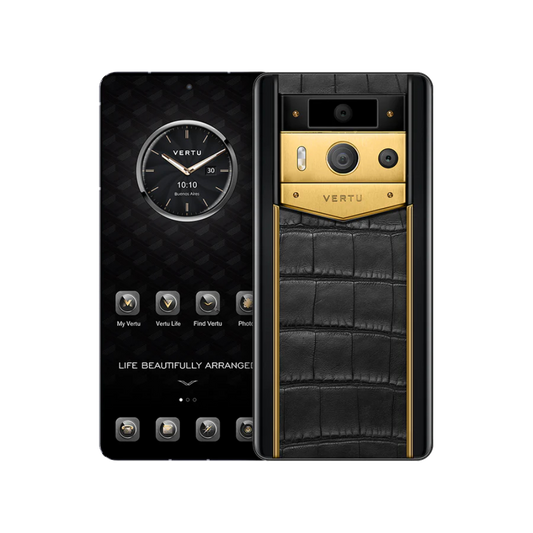
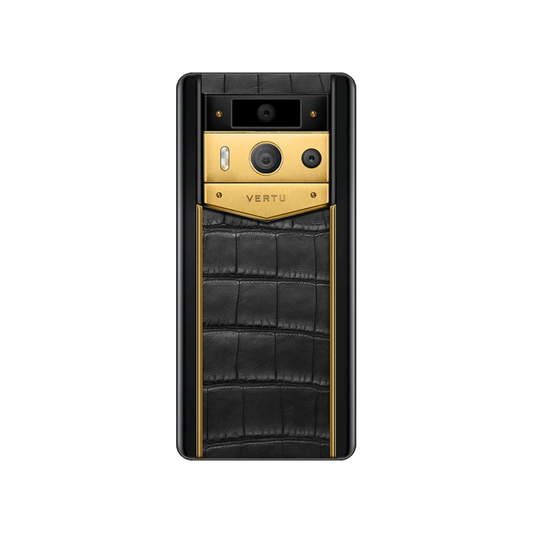
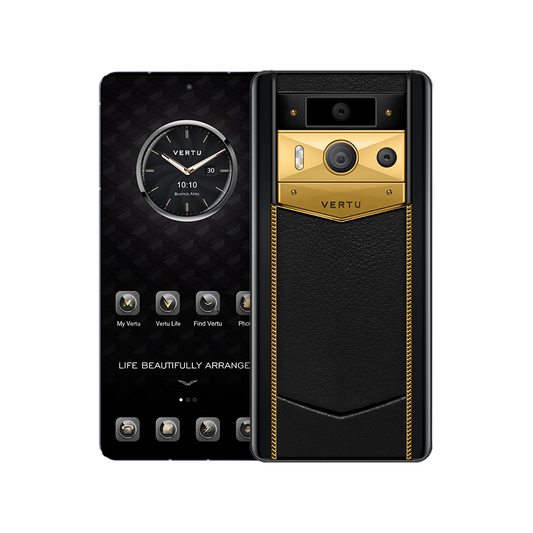
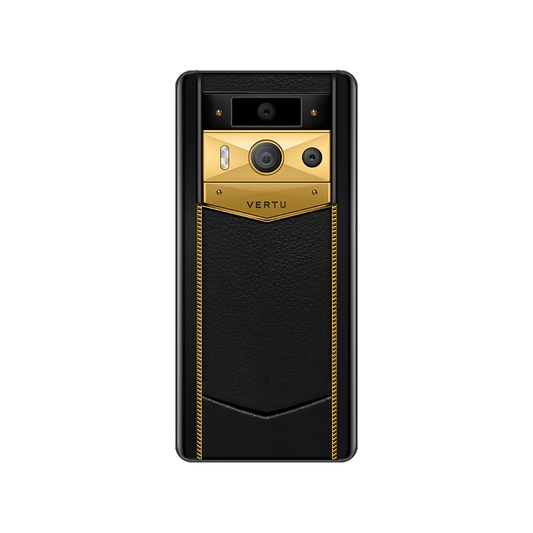





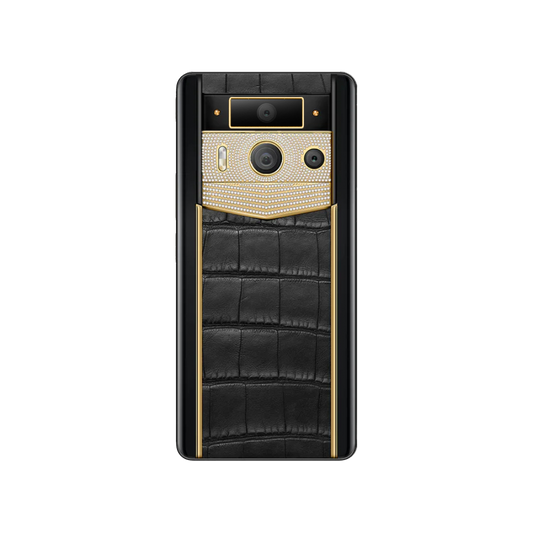

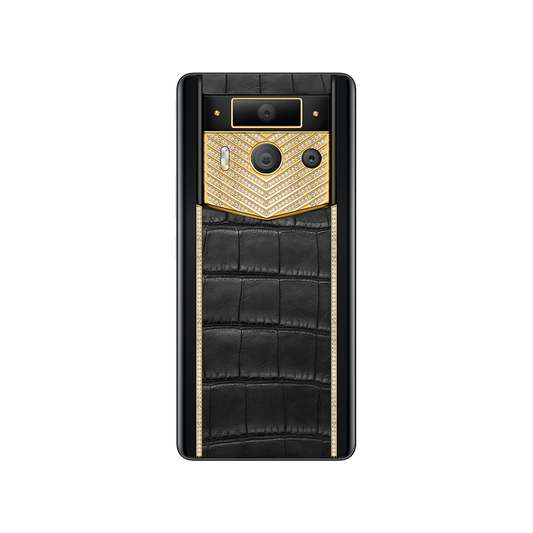



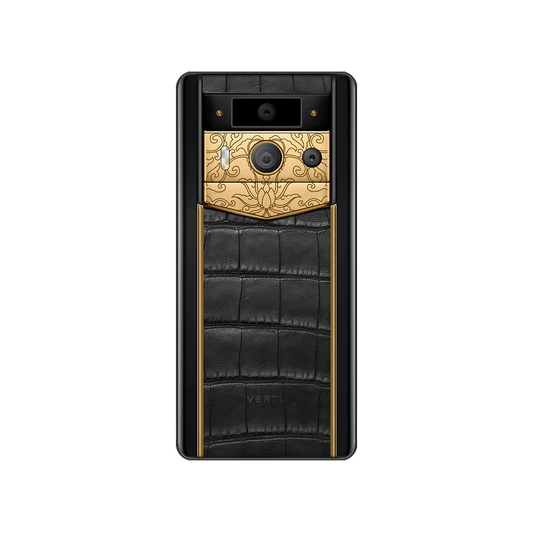


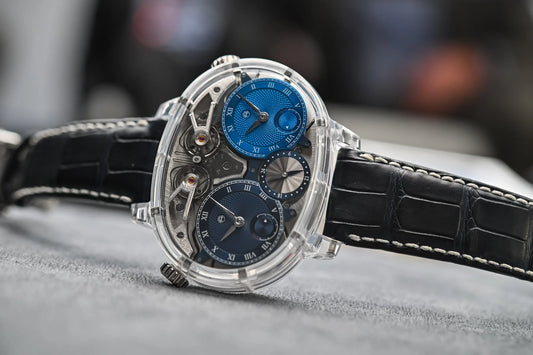



No comments